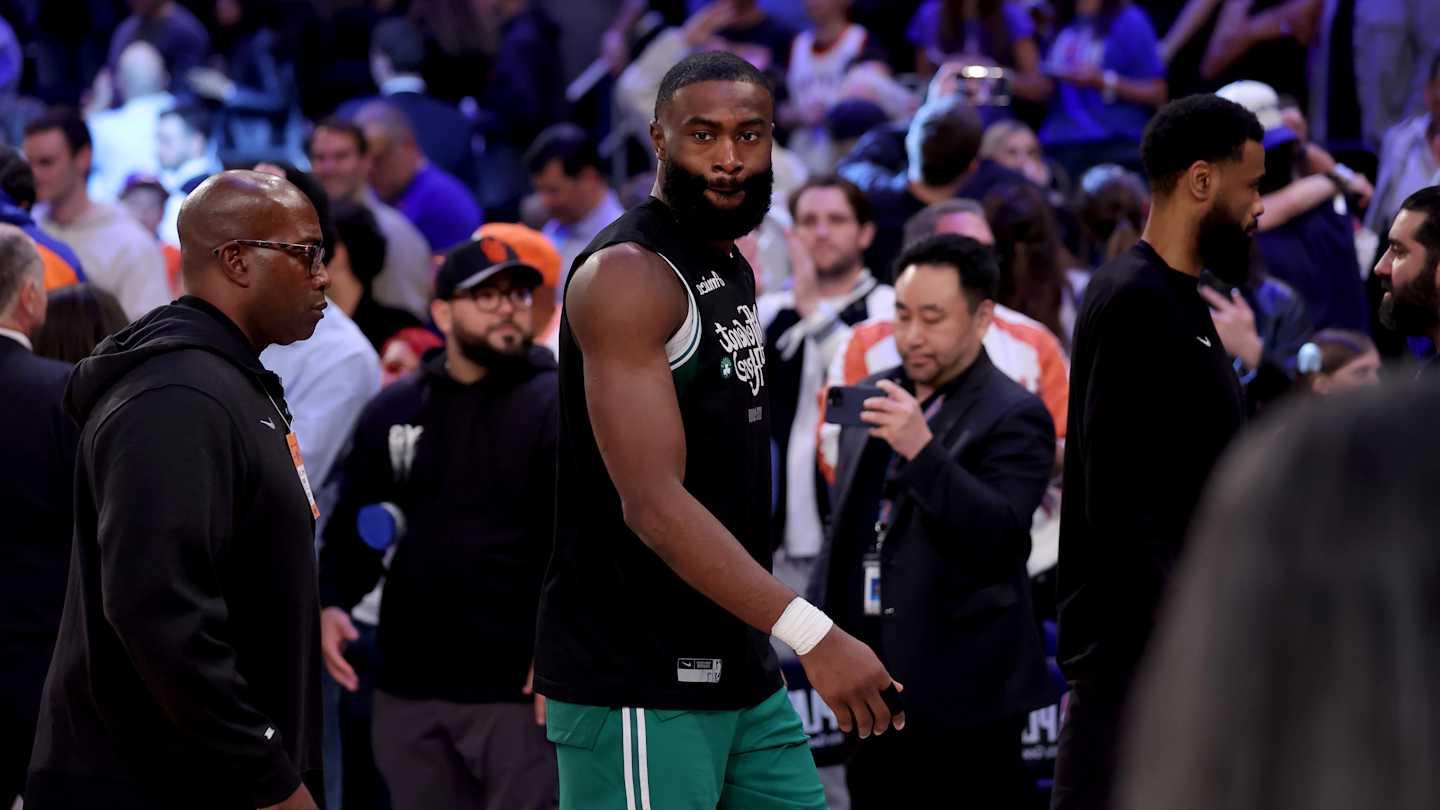This season’s NBA playoff second round was notably affected by player injuries.
TubiTV Just Hit 200 Million Users – Here’s Why
10 Perfect-Score Shows Buried on Prime Video Right Now
Each conference semifinal series witnessed key injuries on one of the competing teams. Stephen Curry suffered a hamstring injury during Game 1 of the series between Golden State Warriors and Minnesota Timberwolves. In the Cleveland Cavaliers versus Indiana Pacers series, Evan Mobley and De’Andre Hunter were sidelined alongside an already injured Darius Garland in Game 2. Jayson Tatum of the Boston Celtics ruptured his Achilles tendon in Game 3 against the New York Knicks. Finally, Aaron Gordon of the Denver Nuggets injured his hamstring towards the end of Game 6, impacting his performance in Game 7 against Oklahoma City Thunder. Teams with injured key players invariably lost their series, while their opponents advanced.
Injuries cloud the analysis of why teams were eliminated and complicate future team-building efforts. They also highlight weaknesses in the team roster that might otherwise be overlooked.
The $3.99 Streaming Service With 500+ Oscar Winners Nobody Knows About
Cancel These 3 Subscriptions Before November 1st – Here’s Why
Despite the challenges, the outcome was clear: four teams were knocked out of the playoffs. Like the eight teams eliminated in the first round, these teams have much to consider as they head into the offseason.
Here are specific lessons each team learned from their second-round exits.
Boston Celtics
Lesson learned: The impact of attrition is unpredictable
Tatum and Jaylen Brown have been pillars for the Celtics since 2017, leading the team to multiple conference finals and two NBA Finals appearances. This consistent high-level performance is commendable but comes with physical costs. Tatum’s Achilles injury during the Knicks series and Brown’s meniscus tear reveal the risks associated with continuous high-intensity play. Despite their youth and fitness, the physical toll from numerous games, including international competitions, eventually led to significant injuries.
This year, the physical demands caught up with the Celtics’ star players. This serves as a stark reminder of the potential consequences of relentless competition and may influence how teams manage player health in the future.
Cleveland Cavaliers
Lesson learned: Evan Mobley’s development is still in progress
Despite a strong regular season, the Cavaliers’ early exit from the playoffs highlighted areas for improvement, particularly concerning Mobley. His performance during the regular season was stellar, earning him Defensive Player of the Year and setting personal bests in several statistical categories. However, the playoffs exposed his limitations, as he failed to elevate his game in critical moments. This was evident in the drastic point differentials when he was on the court during the series against the Pacers. Mobley’s inability to impact the games during key moments of the playoffs suggests that while he has made significant strides, there is more growth needed for him to become a true NBA star.
Denver Nuggets
Lesson learned: A stronger bench is crucial for success
The Nuggets’ defeat in Game 7 against the Thunder underscored the need for deeper bench strength. Despite the impressive performances from their key players, the lack of reliable support from the bench was a significant disadvantage. This issue has persisted since their championship win, but the playoff results this year showed just how critical it is to address this gap. The inconsistency from the bench players, who fluctuated between impactful and ineffective, highlights the need for more dependable role players who can contribute consistently in high-pressure situations.
Golden State Warriors
Lesson learned: Strategic roster adjustments are necessary to support Jimmy Butler
The Warriors learned a tough lesson in their series against the Timberwolves: the team’s success is heavily reliant on Curry. With his absence, the existing roster was insufficient to advance. The integration of Butler brought initial success, but the playoff games highlighted the need for a better-suited roster to enhance both Curry’s and Butler’s play. The Warriors need to retool their lineup, particularly by adding players who can complement the unique skill sets of their stars and provide consistent support across both ends of the floor.
Similar posts:
- Warriors’ Postseason Record Without Stephen Curry: Shocking Stats Revealed!
- NBA Playoffs Breakdown: Key Takeaways from Every Team in Round One!
- Jaylen Brown Slams Refs Following Celtics’ Game 3 Defeat: ‘It’s Not Even Basketball’
- NBA Playoff Shakeup: Key Lessons From First Round Eliminations!
- Top 7 NBA Storylines to Watch as the Season Heats Up!

Mike Johnson is a passionate news writer with a keen interest in current events. With over a decade of experience in journalism, he has a talent for uncovering the stories that matter most. Mike’s insightful articles and in-depth analyses have made him a trusted voice in the industry. He thrives on staying ahead of the news curve, providing readers with timely and relevant information. Whether it’s breaking news, politics, or social issues, Mike’s dedication to the craft ensures that his readers are always well-informed.

